Resources for Individuals with PTSD
Post-traumatic stress disorder (PTSD) is a mental health-related disorder where individuals experience a variety of symptoms due to direct or indirect exposure to a traumatic event. The National Center for PTSD has found that about 8 percent of the population experiences PTSD during their lifetime.
The general public has been normalized to associate PTSD with veterans or service members who have experienced combat. Though this is a population susceptible to PTSD given their exposure to many life-threatening events, it is a condition that can affect anyone. Even children are susceptible to developing PTSD, due to any number of traumatic events they may encounter in their lives. A traumatic event that someone could directly or indirectly experience could include vehicle accidents, racism, discrimination, natural disasters, childhood abuse, terrorist acts, sexual violence, to name a few.
Some common symptoms of PTSD include nightmares, intrusive thoughts, irritability, aggressive behaviors, or avoidance of triggers. A trigger is an internal or external cue that is a trauma reminder for the individual diagnosed with PTSD. Internal cues include emotions or body sensations, whereas external cues include people, places, objects, or sounds. When a trigger is present with someone experiencing PTSD, it can remind them of the traumatic event, often inciting the same responses and even fully reliving the trauma, as a direct resolve of exposure to the trigger.
Due to these unique symptoms, additional support for those with PTSD is needed to create coping skills and an understanding of how trauma reminders can be addressed. The month of June is annually observed as National PTSD Awareness Month. As part of increasing awareness and support, below are resources that may be helpful to those who have PTSD.
What biblio resources do you think we should add to the list? Let us know in the comment section below.



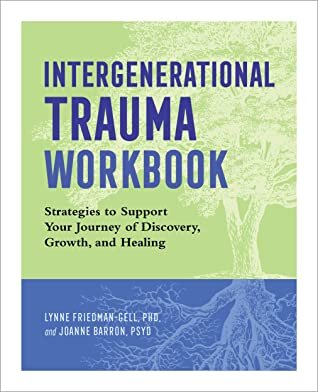
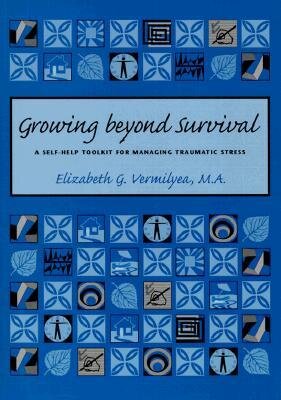
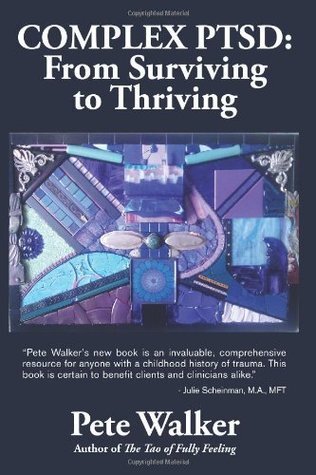
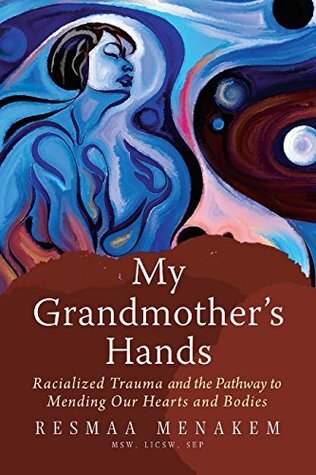

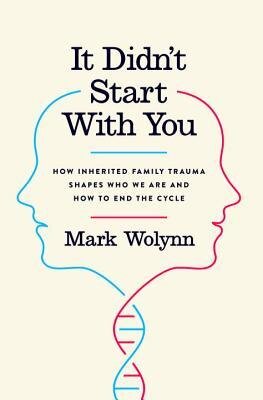
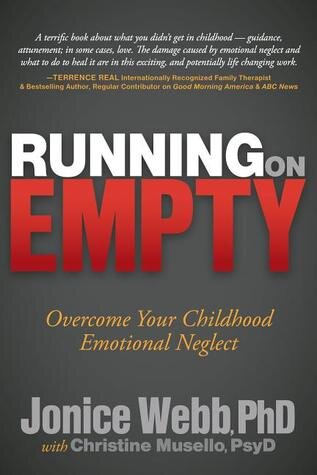
WEBSITE DISCLAIMER The information provided by Guidance Teletherapy Family Counseling Inc. (“we,” “us,” or" “our”) on https://www.guidancett.com/ (the “Site”) is for general information only. All information on the Site is provided in good faith. However, we make no representation or warranty of any kind, express or implied, regarding the accuracy, adequacy, validity, reliability, availability, or completeness of any information on the Site. Under no circumstance shall we have any liability to you for any loss or damage of any kind incurred as a result of the use of the Site or reliance on any information provided on the Site. Your use of the Site and reliance on any information o the Site is solely at your own risk.
EXTERNAL LINKS DISCLAIMER The Site may contain (or you may be sent through the Site) links to other websites or content belonging to or originating from third parties or links to websites and features in banners or other advertising. Such external links are not investigated, monitored, or checked for accuracy, adequacy, validity, reliability, availability, or completeness by us. We do not warrant, endorse, guarantee, or assume responsibility for the accuracy or reliability of any information offered by third-party websites linked through the Site or any website or feature linked in any banner or other advertising. We will not be a party to or in any way be responsible for monitoring any transaction between you and third-party providers of products or services.
PROFESSIONAL DISCLAIMER The Site cannot and does not contain medical/health/mental health advice. The medical/health/mental health information is provided for general information and educational purposes only. It is not intended as a substitute for professional advice. Accordingly, we encourage you to consult with the appropriate professionals before taking any actions based on such information. You should not use this information to diagnose or treat a mental or medication health condition. The use or reliance of any information contact on the Site is solely at your own risk.
AFFILIATES DISCLAIMER The Site may contain links to affiliate websites, and we receive an affiliate commission for any purchases you make on the affiliate website using such links. We are participants in the Amason Services LLC Associates Program, an affiliate advertising program designed to provide a means for us to earn advertising fees by linking Amazon.com and affiliated websites.